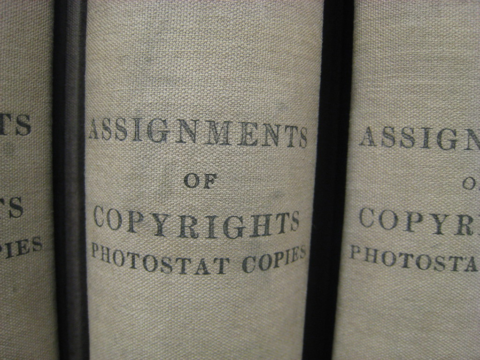Michael Geist discusses a recent public statement from the Canadian Federation of Library Associations on how changes to copyright rules in Canada may seriously impact the public:
Last month, the Canadian Federation of Library Associations released a much-needed statement that sought to counter the ongoing misinformation campaign from copyright lobby groups regarding the state of Canadian copyright and the extensive licensing by libraries and educational institutions. I had no involvement whatsoever with the statement, but was happy to tweet it out and was grateful for the effort to set the record straight on what has been a relentless misinformation campaign that ignores the foundational principles of copyright law. Lobby groups have for years tried to convince the government that 2012 copyright reforms are to blame for the diminished value of the Access Copyright licence that led Canadian educational institutions to seek other alternatives, most notably better licensing options that offer greater flexibility, access to materials, and usage rights. This is false, and when the CFLA dared to call it out, those same groups then expressed their “profound disappointment” in the library association.
Yet what has been disappointing is that despite repeated Supreme Court of Canada decisions that have eviscerated the foundation of those groups’ claims, they insist on running back the same failed strategy again and again. The reality of Canadian copyright isn’t complicated: libraries and the education community spend more than ever before on licences that provide the right to access and use materials for teaching, course materials, text and data mining, and a myriad of other purposes. When combined with the gradual disappearance of course packs, the emergence of open access materials, and a reasonable interpretation of fair dealing consistent with Canadian jurisprudence, education and libraries are fulfilling their mandate by responsibly using public dollars to maximize public access, enable student learning, and ensuring fair compensation for authors.
The lobbying efforts to convince government to restrict fair dealing by requiring unnecessary licences would increase student costs, make education less affordable, and render Canada less competitive. Further, it would mean less access to materials for Canadian students. Universities spend hundreds of millions of dollars on licences that grant both access to materials (purchasing physical books has declined dramatically) and the ability to use them. The outdated Access Copyright licences only grant rights to use already acquired works for a limited series of purposes. Reverting back to the unnecessary Access Copyright licence would mean access to fewer works and reduced investment by the education sector and libraries in new works.
I wrote a six-part series on these issues earlier the year including posts on setting the record straight, the shift to electronic licensing, transactional licences, the disappearance of course packs, the emergence of open text books, and a fair reading of fair dealing. Once you get past the rhetoric, the data leaves little doubt that education and libraries are still actively paying for copyright materials through licensing and the claims of mass illegal copying in education in 2023 is a fabrication unsupported by the evidence.






